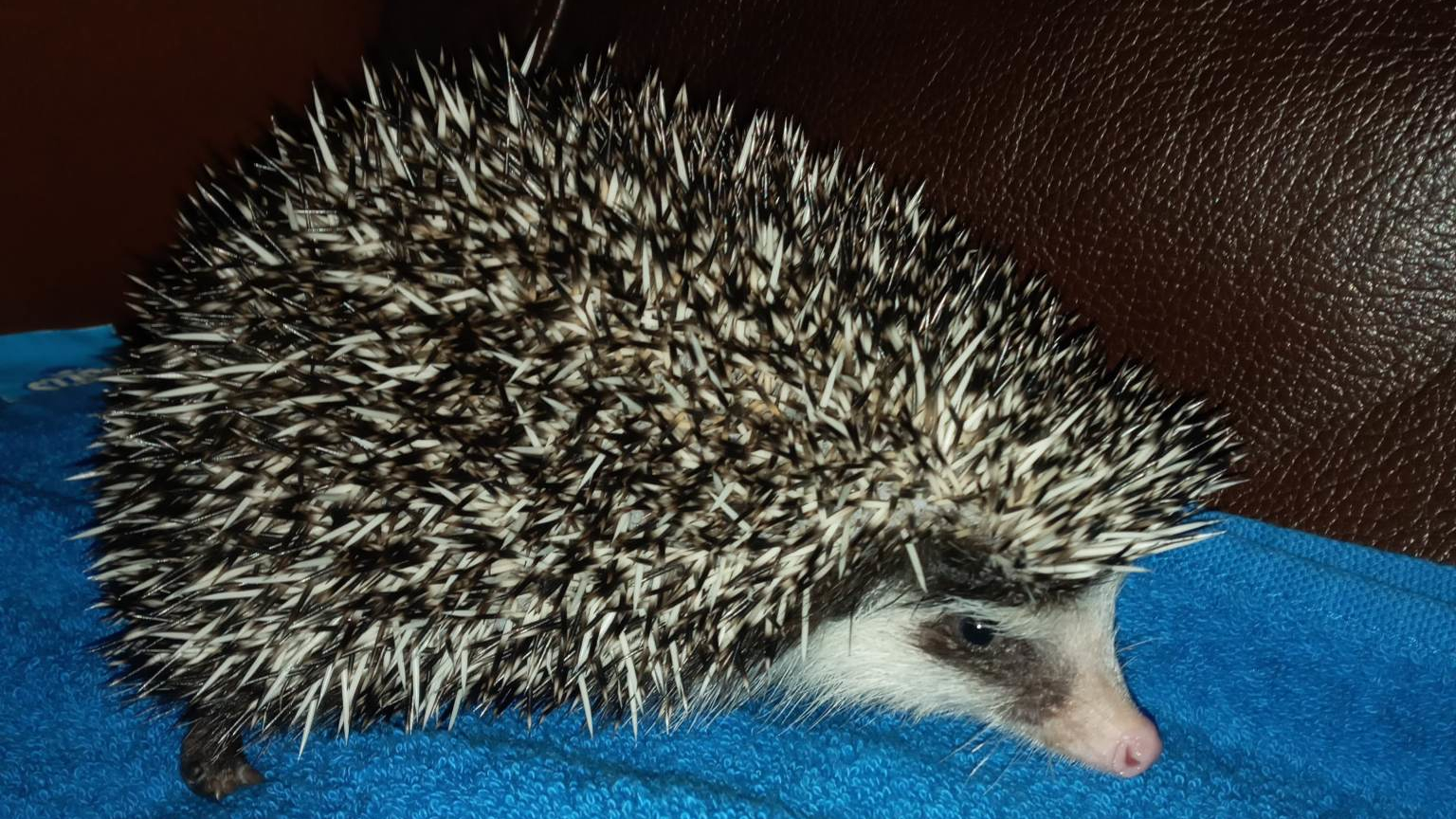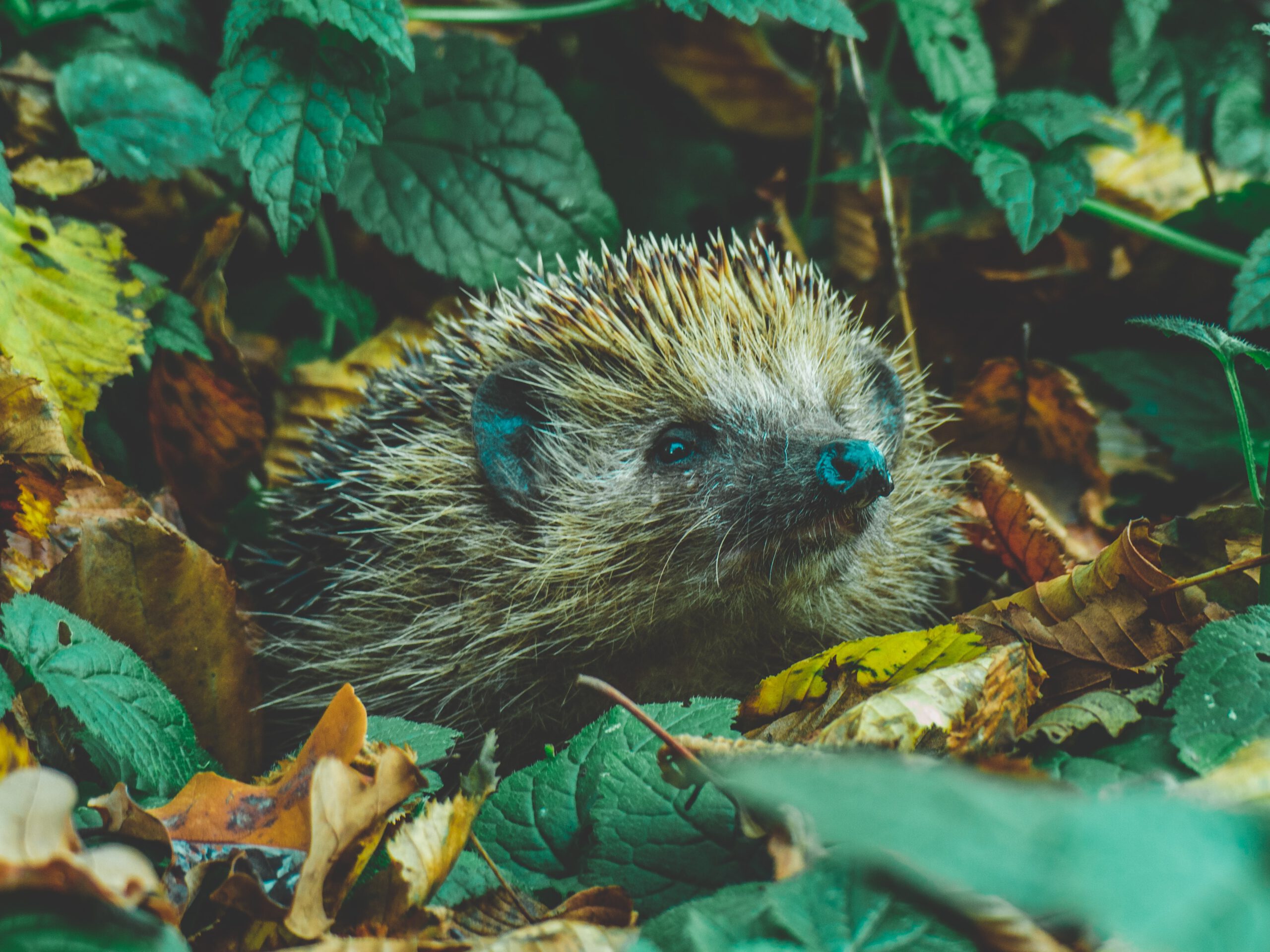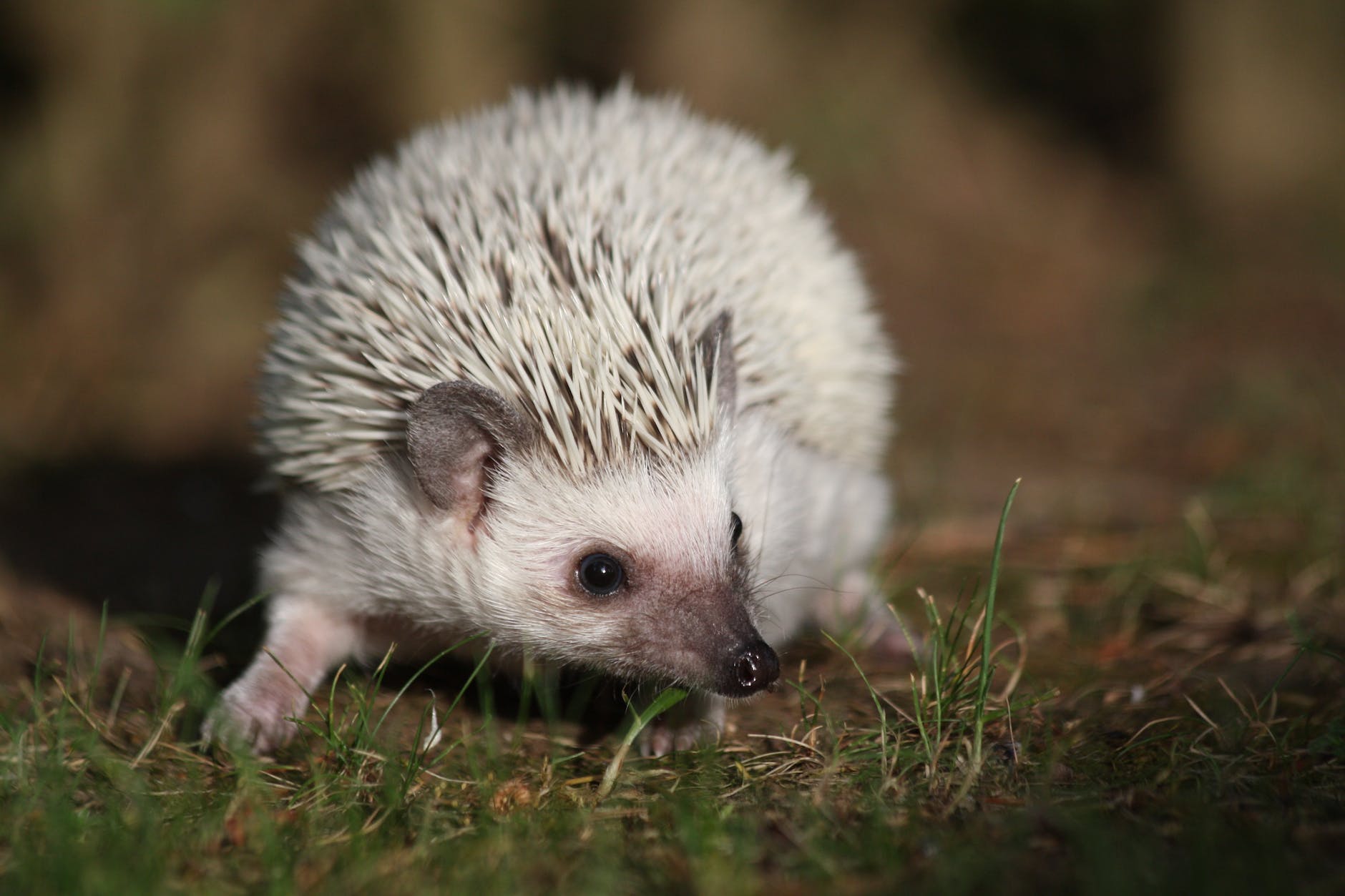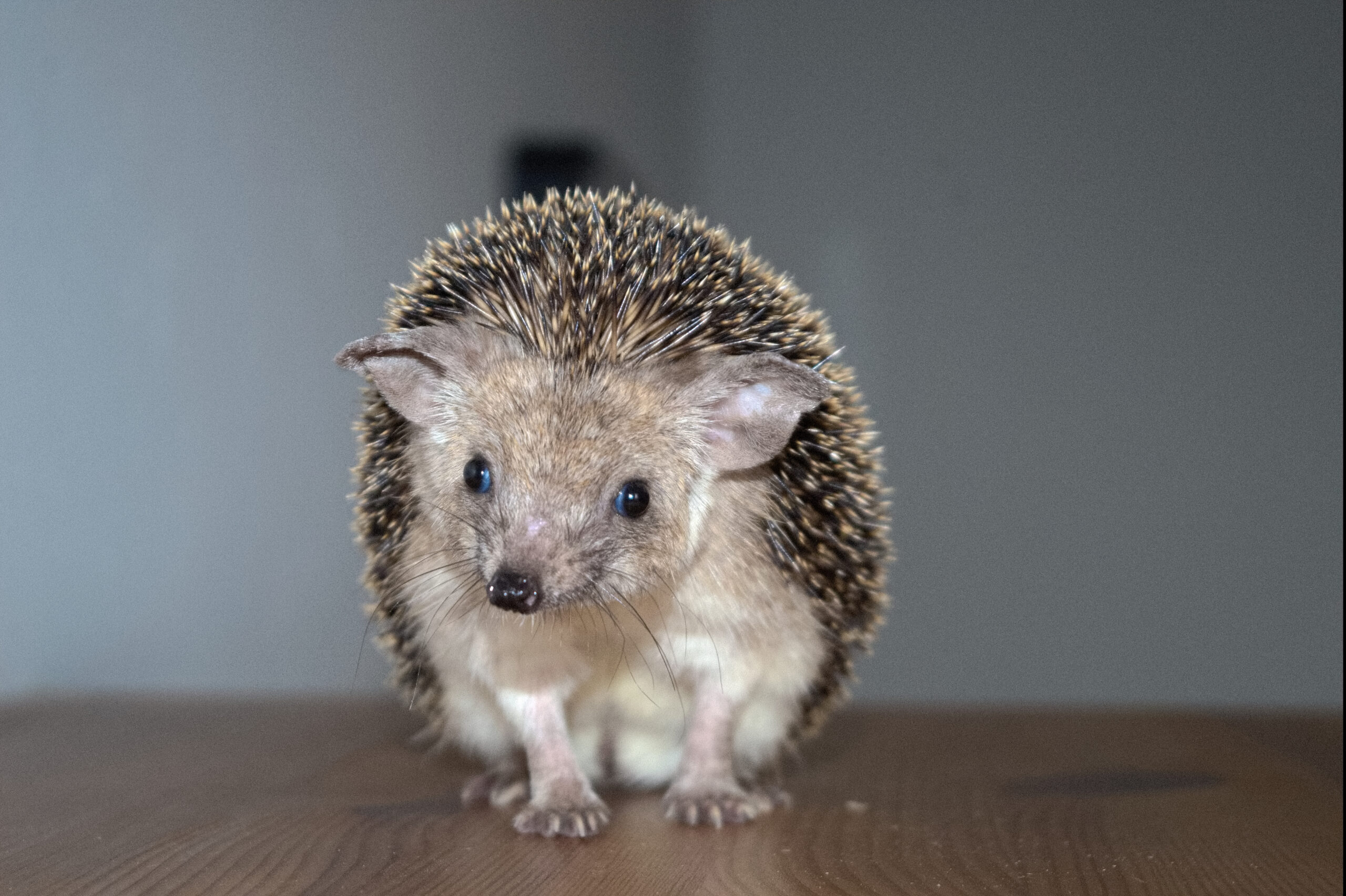The decline of the South African hedgehog
Living in South Africa and being active in the hedgehog community, I have the privilege to get personal experience of the South African hedgehog species. Scientific name: Atelerix Frontalis. While rescuing and assisting in releasing, I gained more knowledge and insight of these wonderful animals. One of the first things I have learned is that Google or Wikipedia are not always very accurate when it comes to these animals. For example: Several sites recorded their average weight as up to 500 grams, which is far from the truth. They are huge in comparison with African pygmy hedgehogs and lean more to the size of European hedgehogs. Average size of an adult is more in the 600-800-gram range. I have once weighed a South African hedgehog short before hibernation that weighed 950 grams. For hibernation they can fatten up to 1 kg in body mass.
Because of a lack of knowledge from the public in South Africa; all hedgehogs are either perceived as ‘wild hedgehogs’ -that includes people thinking African pygmy hedgehogs are indigenous- or they are under the impression that all hedgehogs are the same and can be kept as pets. This results into catastrophic results. Crossbreeding between African pygmy hedgehogs and South African hedgehogs takes place and that puts the future of South African hedgehogs in jeopardy. This happens at such a large scale in the Gauteng province of South Africa that the Johannesburg Wildlife Organization couldn’t help to notice a lot of South African hedgehogs with white patches that do not normally occur in their natural coloring. These crossbreeds are called hybrids. This can be a cause for the South African to fully disappear as a species, especially in the Gauteng region.



South African hedgehogs are extremely clever animals. During raining season, they will seek out human residential areas for food and shelter. Scavenging dogs’ food bowls often lands them in a pickle. Because of their friendly nature they often appear tame, which led people to believe it must be a lost pet and bringing them inside to house in cages. With their easy-going nature they fall victim to the pet industry. They also get hunted for food -hedgehogs are considered a delicassy in some areas- and for traditional medicine: Traditional medicine healers believe that the smoke of burnt hedgehog quills can keep evil spirits away.
South African hedgehogs are a protected species in South Africa and cannot be kept or hunted without a legal permit. But regardless of these laws, it does happen. To showcase the differences between an African pygmy hedgehog and a South African hedgehog, I included photos, including a photo of a hybrid hedgehog. Although not all hybrids look like the one in the photo, they all share similar characteristics such as the 5 toes on the hind feet, dark facial hairs, dark colourings on the belly and big feet. Another color of a hybrid I have seen, was a diluted ‘chocolate’ colored hedgehog.
With the loss of habitat, a lot of human intervention, being used as a food source and being used for traditional medicine, the South African hedgehog might soon be in trouble, if there is no intervention or education about these animals.
Disclaimer: Hedgehogs are solitary animals and usually do not tolerate each other. Do not put them together unless you have the right knowledge of these animals. Even a short ‘playtime’ or a picture moment can have a fatal ending.
Article by Lizl van Vreden.




